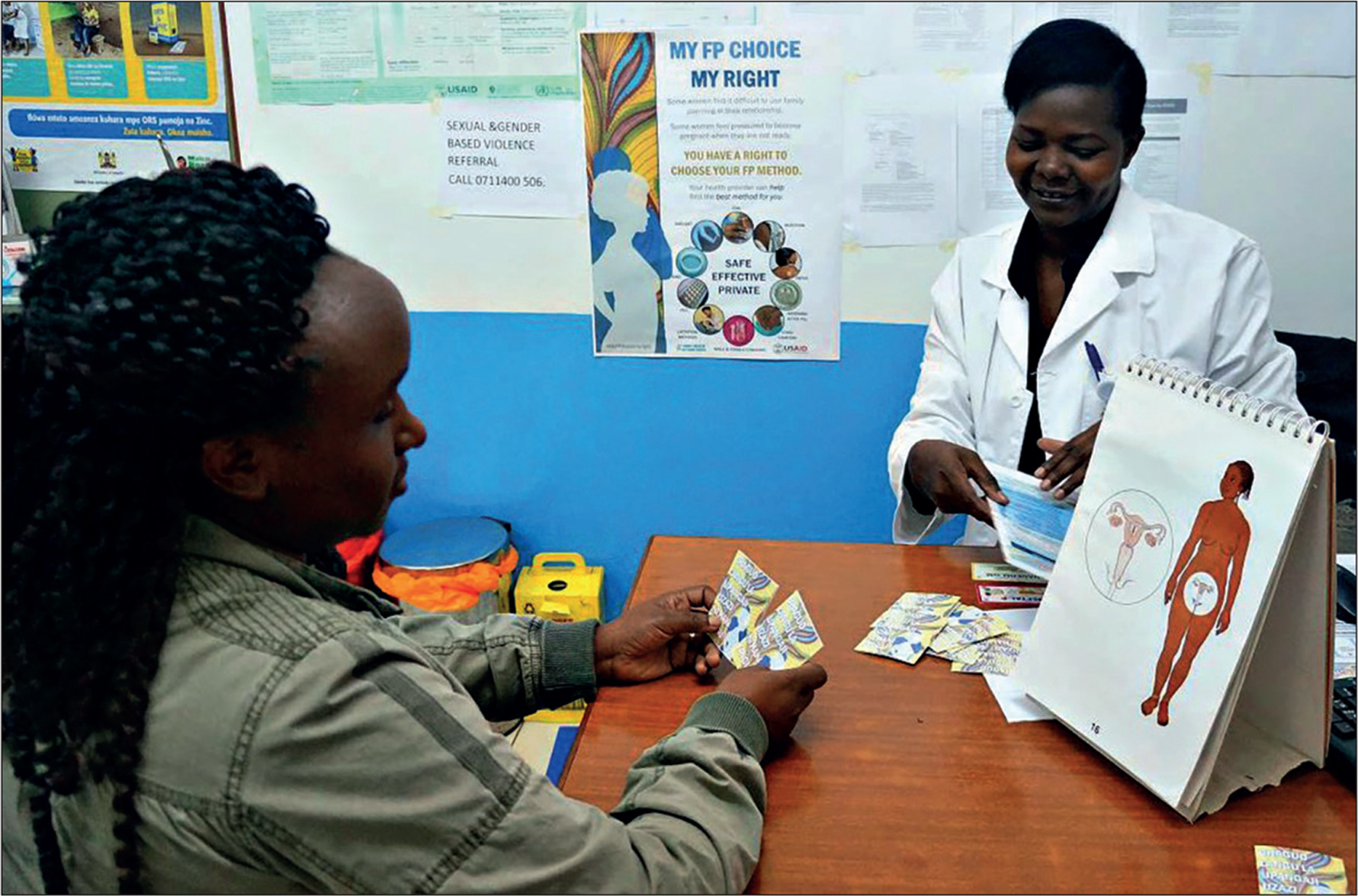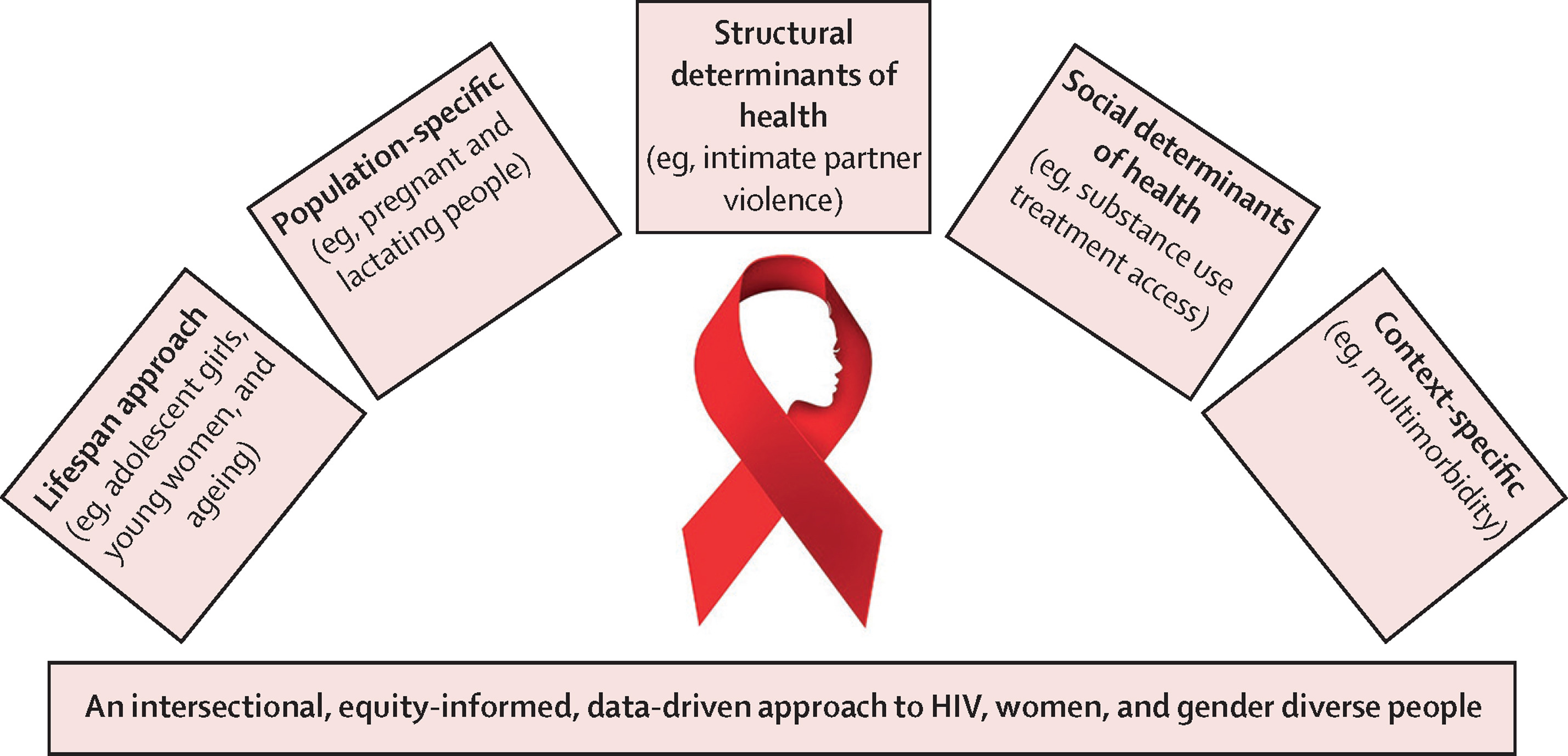Elsevier,
One Earth, Volume 7, 16 February 2024
It is largely understood that climate mitigation (SDG 13) requires phasing out fossil fuels and switching to renewable energy sources which produce electricity (SDG 7). Is it better to directly electrify by e.g., developing electric cars, stoves, and freight, or to indirectly electrify by using renewable electricity to produce alternative fuels like hydrogen to power cars, stoves, etc.? This One Earth Research Article shows via modeling that for the EU an hybrid approach is optimal, with cars and stoves being electrified but shipping and chemical industry transitioned to synthetic fuels.
Elsevier,
The Lancet Global Health, Volume 12, February 2024
This Series paper supports SDGs 3 and 5 by examining the determinants of maternal health and mortality and how these could be addressed to improve outcomes. The causes of maternal mortality, and efforts to improve maternal health, require a multipronged and multidisciplinary approach.
Elsevier,
The Lancet Child and Adolescent Health, Volume 8, February 2024
As a type of violence in intimate relationships, reproductive coercion encompasses a range of behaviours that exert external control over reproductive autonomy, from threats to coerce pregnancy to sabotaging contraception and controlling outcomes of a pregnancy, such as coerced abortion or forced continuation of a pregnancy. At a time when reproductive rights and bodily autonomy are under attack in many countries, and when adolescents (especially transgender and gender-diverse youth) are experiencing large barriers to health care, elucidating core characteristics of reproductive coercion, identifying harm reduction strategies, and preventing relationship abuse and reproductive coercion are of paramount importance.
Elsevier,
The Lancet Global Health, Volume 12, February 2024
This Article supports SDG 3 by estimating the global caseload of hearing loss due to certain preventable, disease-based causes of hearing loss; this study was conducted in conjunction with the Lancet Commission on Hearing Loss, with the aim of providing data that could inform policy decisions on how best to allocate resources.



